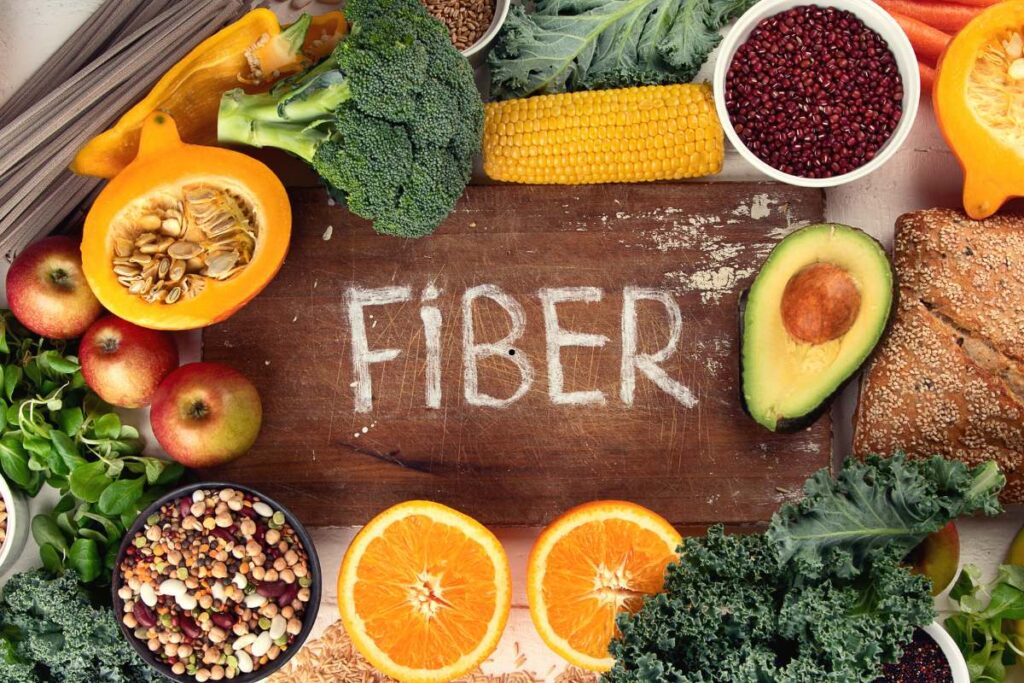Passion fruit is a good source of dietary fiber, which is essential for digestive health and overall well-being. Here’s an overview of the fiber content in passion fruit:
Fiber Content:
- Passion fruit contains approximately 10 grams of fiber per 100 grams of edible portion.
- The fiber in passion fruit consists of both soluble and insoluble fiber, each offering unique health benefits.
Soluble Fiber:
- Soluble fiber in passion fruit dissolves in water to form a gel-like substance in the digestive tract.
- Soluble fiber helps lower cholesterol levels by binding to cholesterol and preventing its absorption in the bloodstream.
- It also helps regulate blood sugar levels by slowing down the absorption of sugar into the bloodstream, which can be beneficial for managing diabetes.
Insoluble Fiber:
- Insoluble fiber adds bulk to stool and helps promote regular bowel movements.
- It aids in digestive health by speeding up the passage of food through the digestive tract and preventing constipation.
- Insoluble fiber also helps maintain bowel health and may reduce the risk of conditions such as diverticulosis and colon cancer.
Benefits of Fiber in Passion Fruit:
- Supports digestive health by promoting regular bowel movements and preventing constipation.
- Helps regulate blood sugar levels and may reduce the risk of type 2 diabetes.
- Lowers cholesterol levels and reduces the risk of heart disease.
- Promotes satiety and may aid in weight management by helping you feel full for longer periods.
Incorporating Passion Fruit into Your Diet:
- Enjoy passion fruit on its own as a snack or dessert.
- Add passion fruit to smoothies, yogurt, or oatmeal for a nutritious boost of flavor.
- Use passion fruit pulp as a topping for pancakes, waffles, or ice cream.
- Incorporate passion fruit into salads, salsas, or marinades for a tropical twist.
Including passion fruit in your diet is a delicious way to increase your fiber intake and support digestive health.
